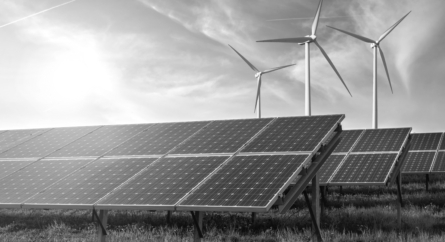Amanda Zuretti Quoted In “Eyeing Electrification, Governments Reroute Post-Berkeley” in Law360
In 2019, Berkeley, California banned natural gas hookups in new construction, and dozens of cities across the country followed suit with similar ordinances. But last year, the Ninth Circuit struck down Berkeley’s ban stating that the ordinance was preempted by the Energy Policy and Conservation Act (EPCA). Now, municipalities that want to encourage electrification must find creative ways around outright bans such as requiring developers that do not electrify new buildings to meet certain higher standards of energy efficiency. Massachusetts took this approach when it enacted new energy codes in 2023. In addition to updating the state’s base energy code, it updated an optional “stretch” code and introduced an even more stringent opt-in requirement, known as the specialized energy code. Amanda Zuretti discussed Massachusetts’ approach with Law360.
Amanda noted that the opt-in nature of the additional energy code standards, as well as limits within the stricter energy codes, may save the state’s regulations from an EPCA challenge. “I don’t think the Massachusetts approach is so far-reaching that it would conflict with the Berkeley ruling. It does not require an outright ban,” she stated.
Continue reading “Eyeing Electrification, Governments Reroute Post-Berkeley” on the Law360 website (subscription required).
Categorized: Construction, Energy
Tagged In: clean construction, clean energy, energy code standards, energy efficiency, specialized energy code, stretch codes







